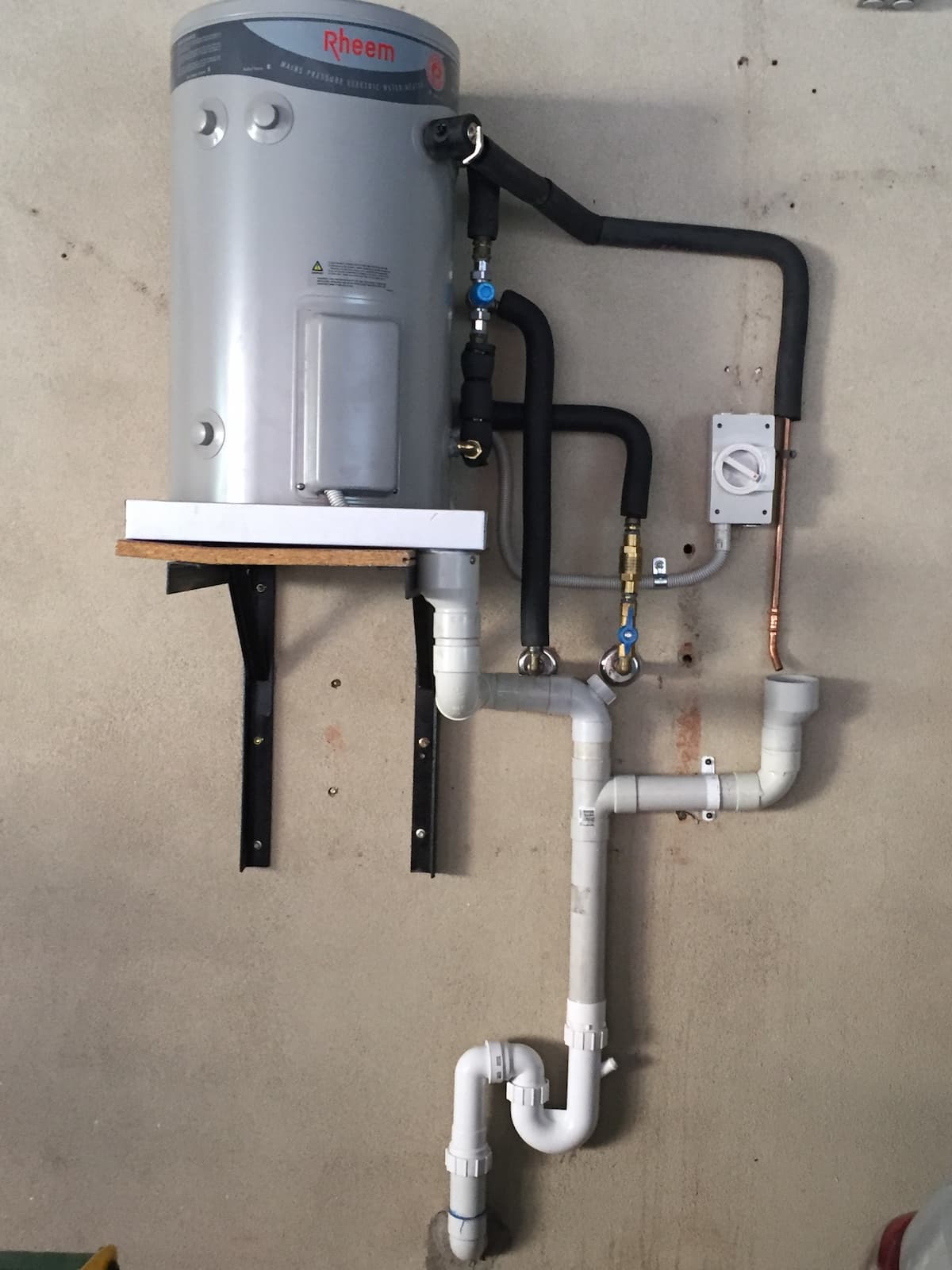Gas vs Electric Hot Water Systems: Which Is Right for Your Home?
Choosing the right hot water system for your home is more important than many homeowners realise. Not only does it affect your daily comfort, but it can also have a long-term impact on your energy bills, system maintenance, and environmental footprint. Among the most common options available to Australian households are gas and electric hot water systems. But which one suits your needs best?
In this article, we’ll break down how each system works, compare costs and benefits, and help you decide which is the better fit for your home.
Need help right away? Learn more about our hot water installation services or find out when it might be time to replace your existing system.
How Do Gas and Electric Hot Water Systems Work?
Gas hot water systems use natural gas or LPG to heat water either through a storage tank or an instantaneous (continuous flow) unit. These systems are typically faster and more efficient if mains gas is available.
Electric hot water systems rely on electricity to heat water, usually storing it in a tank. While easier to install, they often cost more to run long-term, especially if used on peak electricity tariffs.

Pros and Cons of Gas Hot Water Systems
Pros:
-
Fast water heating and recovery times
-
Lower running costs (especially on natural gas)
-
Ideal for larger households
-
More energy-efficient models now available
Cons:
-
Higher upfront installation costs
-
May require a gas line installation if not already connected
-
Limited choice in some regional areas
Pros and Cons of Electric Hot Water Systems
Pros:
-
Lower initial purchase and installation cost
-
Easy to install almost anywhere
-
Good for smaller households with low water usage
-
Off-peak electricity options can reduce running costs
Cons:
-
Higher ongoing energy costs (especially on peak tariffs)
-
Slower water heating and recovery
-
Less energy-efficient over time compared to gas or solar
Cost Comparison: Upfront vs Long-Term
| Type | Upfront Cost | Running Cost (Annually) | Lifespan | Replacement Installation Costs |
|---|---|---|---|---|
| Gas Storage | $1,200–$2,200 | $300–$500 | 12–15 years | $400–$1000 |
| Gas Instant | $1,200–$2,000 | $250–$400 | 12–15 years | $400–$1000 |
| Electric Storage | $500–$1,800 | $500–$900 | 8–10 years | $400–$1000 |
Keep in mind: Victoria offers various rebates and incentives for upgrading to energy-efficient systems. An experienced local plumber can advise you on what’s available.
Which System Suits Your Home Best?
Here are a few factors to consider:
- Household size: Bigger families often benefit from faster gas systems
- Access to mains gas: Electric may be your only option in regional areas
- Budget: Electric systems cost less upfront, but gas is cheaper to run
- Environmental concerns: Gas emits fewer greenhouse gases than coal-powered electricity (unless using green energy)
| Question | Best Choice |
| Do you have mains gas? | Gas |
| Is your household 1–2 people? | Electric (off-peak) |
| Want the lowest energy bill? | Gas Instant |
| Need fast recovery for showers? | Gas Storage |
Ready to Install or Replace Your Hot Water System?
BT Plumbing specialises in hot water installation and system replacements across the Mornington Peninsula. Whether you’re upgrading, switching systems, or building new, we’re here to help.
Book your hot water installation today or read more about when to replace your system.
Serving areas like Mornington, Mt Eliza, and Mt Martha, we’re proud to be the trusted choice for Mornington Peninsula homeowners looking for reliable plumbing services.
Contact us today to discuss your hot water service replacement or new hot water service installation.
